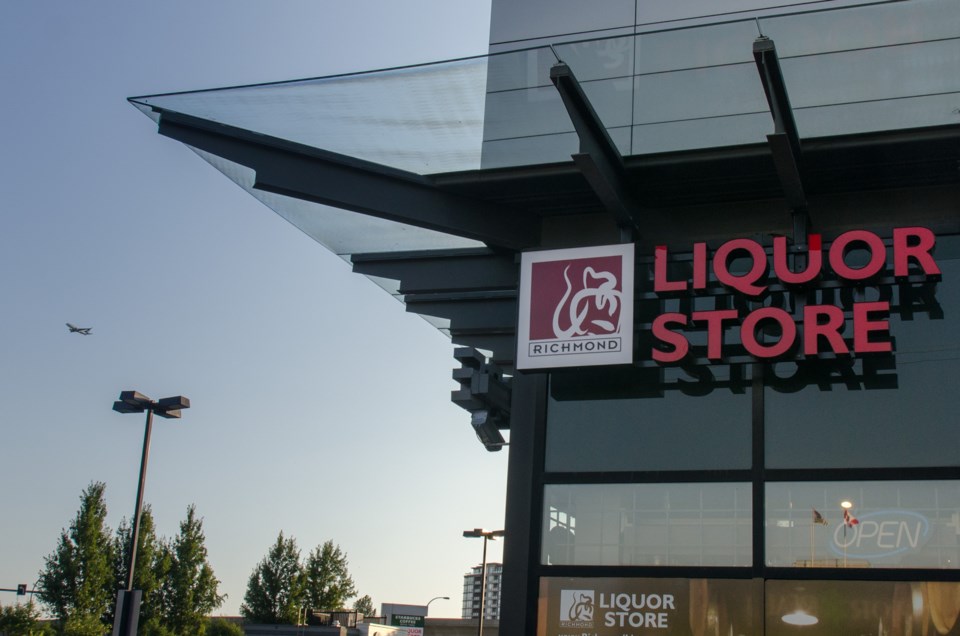A coalition of private liquor store merchants in Richmond is asking the City of Richmond to impose a one-kilometre “separation rule” for all retailers of beer, hard liquor and wine.
Presently the city does have a rule for full liquor licenses that states such retailers must be at least one kilometer from one another.
But Damian Kettlewell of Richmond Liquor Store, representing the coalition, made a presentation at a Richmond city council committee meeting on Monday to explain that new liquor regulations will allow grocery stores to obtain a special license to sell only B.C. wine, without having to navigate through the city’s rezoning process, including the separation rule.
Kettlewell said he fears similar arrangements could be made for local craft beers and once the grocery stores are capable of selling B.C. products, subsequent pressure from international trade agreements will force them to sell imported products.
“The city is concerned about land use and if grocery stores don’t need to go through rezoning and public hearings, these license could evolve into full liquor stores,” said Kettlewell, who did not explain on what grounds such a situation could unfold.
However, Kettlewell did present letters from California, Chile and the European Union to the provincial government that outline legal concerns about how B.C. is moving forward with preferential treatment for B.C. wines.
The EU letter to Attoney General Hon. Suzanne Anton notes it has a “number of concerns” with “discriminatory practices by the different provincial liquor boards, mainly in the form of differential application of mark-ups, but also as regards to preferential routes to market for local products.”
Kettlewell said his group has received legal opinion that the B.C. government is violating international trade agreements and will lose such a battle.
He said B.C. is set to issue 21 new special B.C. wine licenses this year.
Kettlewell argued that the separation rule was initially put in place to prevent the proliferation of retailers selling a controlled substance. He cited opposition to the new liquor regulations by local health professionals, such as Vancouver Coastal Health public health officers.
In December, Dr. Patricia Daly of VCH successfully argued to Vancouver city council to not implement a pilot project for wine sales in grocery stores in that city.
Richmond councillors were nearly unanimous in asking staff “to investigate the implementation” of a one-kilometre rule for all alcohol sales.
With Coun. Linda McPhail absent, only Coun. Alexa Loo was opposed.
Loo told the Richmond News she thought the rule was too bureaucratic and impeded competition among businesses.
Kettlewell said his coalition’s request was not about preventing competition.
“We’re not opposed to competition but we want a level playing field,” he said.
Loo said: “If there’s more competition with cold beer and wine stores, then that’s the way it is.”
She said she does not believe restricting the number of liquor stores will cut down on liquor consumption, nor lead to more underage drinking.
“Cigarettes are dealt with just fine by grocery stores,” said Loo.
Presently there are three government and 16 private liquor stores in Richmond.
Richmond has a very low rate of binge drinking according to a recent VCH public survey. Also, alcohol sales in Richmond are among the lowest in the province, according to 2011 provincial alcohol sales data sorted by school district boundaries.



